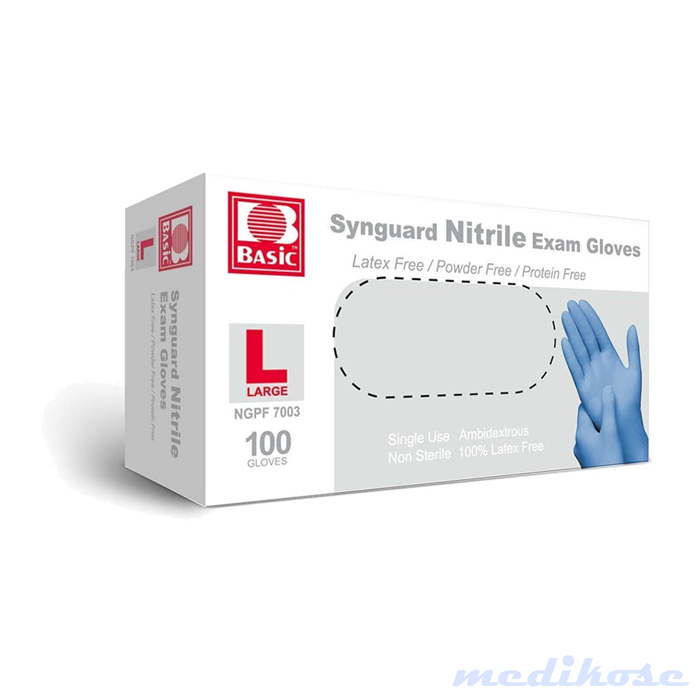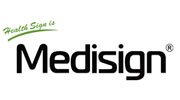Oximeter
An oximeter is a small, portable device used to measure the level of oxygen saturation in your blood. It's commonly clipped onto a finger, toe, or earlobe. The device also provides information about your heart rate. Oximeters are valuable in assessing how well your heart is pumping oxygen through your body, and they are often used in medical settings as well as by individuals at home to monitor their oxygen levels, especially for those with respiratory conditions or during certain activities like exercise.
Thermometer
A medical thermometer is a device designed to measure body temperature. There are various types of medical thermometers, each serving specific purposes. Here are some common types:
Digital Thermometers: These thermometers use electronic heat sensors to measure body temperature. They are quick, accurate, and easy to read. Digital thermometers can be used orally, rectally, or under the armpit.
Infrared Thermometers: Also known as non-contact thermometers, they measure body temperature by detecting the infrared radiation emitted by the body. They are held close to the forehead or ear for a quick and non-invasive reading.
Temporal Artery Thermometers: These thermometers use infrared technology to measure the temperature of the blood vessels on the skin's surface of the forehead. They are considered quick and comfortable.
Tympanic (Ear) Thermometers: Tympanic thermometers measure the temperature inside the ear canal. They are suitable for all age groups, but proper positioning is crucial for accurate readings.
Mercury Thermometers: Traditional mercury thermometers have largely been phased out due to safety concerns associated with mercury exposure. Digital alternatives are now more commonly used.
Disposable Thermometers: These are often used in healthcare settings to prevent cross-contamination between patients. They are designed for one-time use and then discarded.
When using a medical thermometer, it's essential to follow the manufacturer's instructions for proper usage, cleaning, and maintenance. The choice of thermometer depends on factors such as age, convenience, and the desired level of accuracy. Digital thermometers, especially those with flexible tips for oral use, are among the most commonly used in homes and healthcare settings today.













